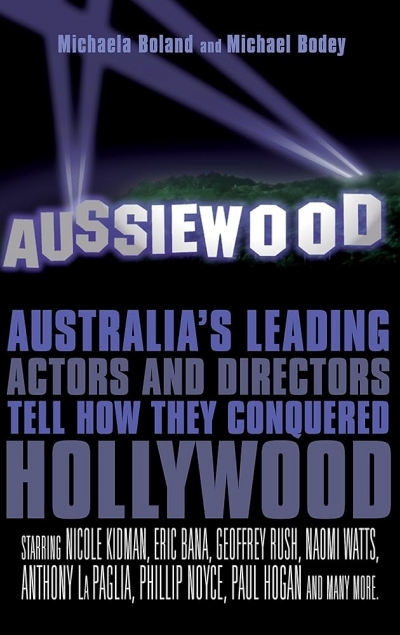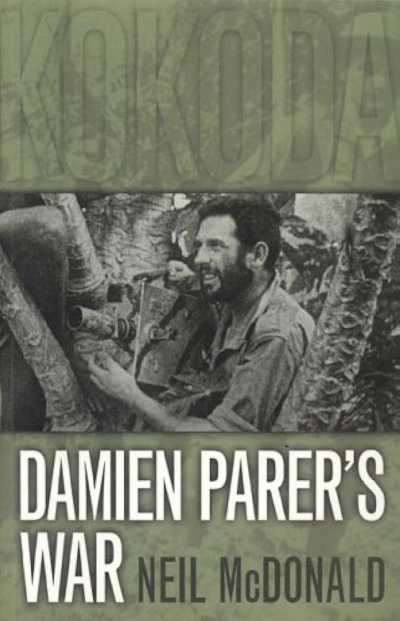Australian Film
Aussiewood by Michaela Boland and Michael Bodey & Trade Secrets by Terence Crawford
by Richard Johnstone •
Ubu Films: Sydney underground movies 1965-1970 by Peter Mudie
by Juno Gemes •
When the ABC asked me to adapt Roger McDonald’s novel 1915 into a major seven-part serial, I declined. Ray Alchin, producer and head of the ABC’s film studio in Sydney, looked at me with disbelief and asked me to read it again. So I read it again, twice, and thanked him for having the good sense to see its possibilities, and gratefully accepted.
... (read more)



